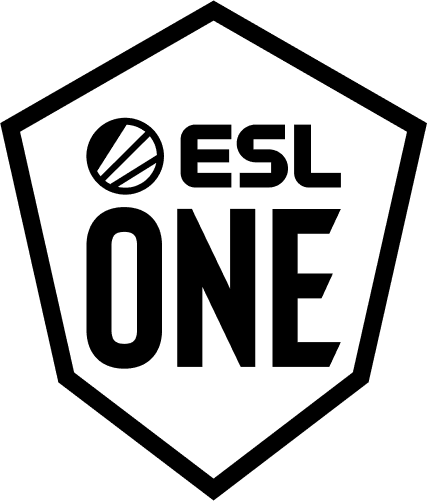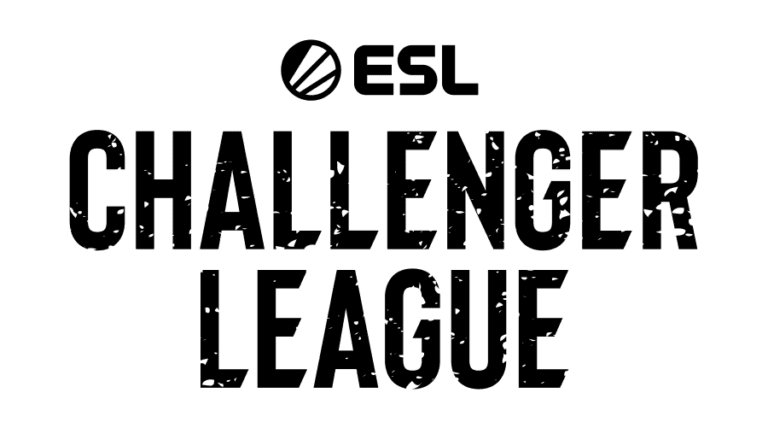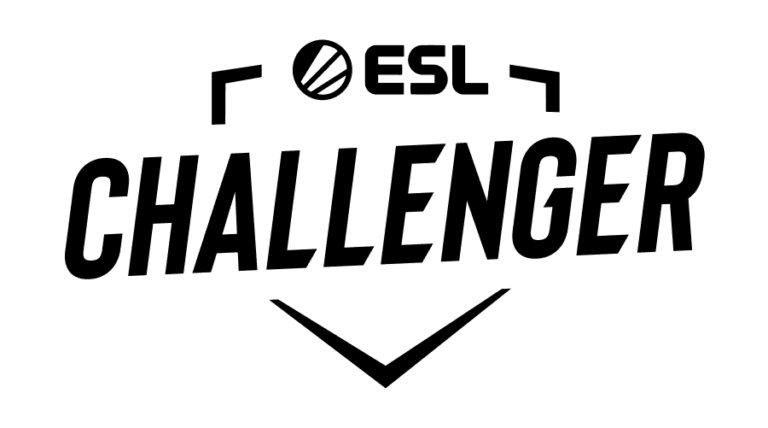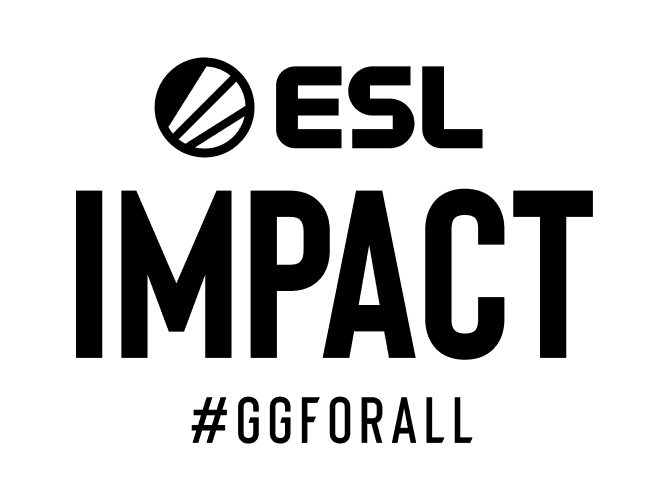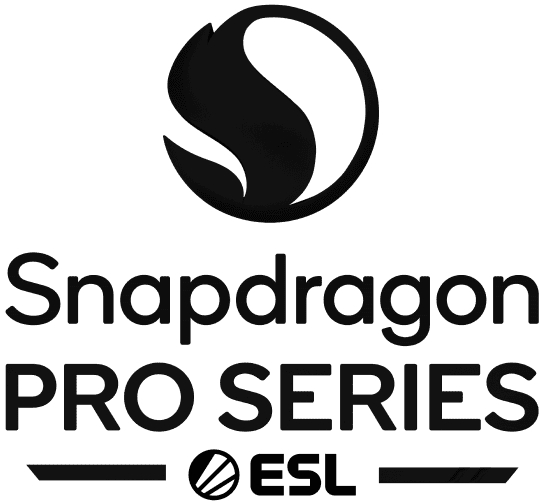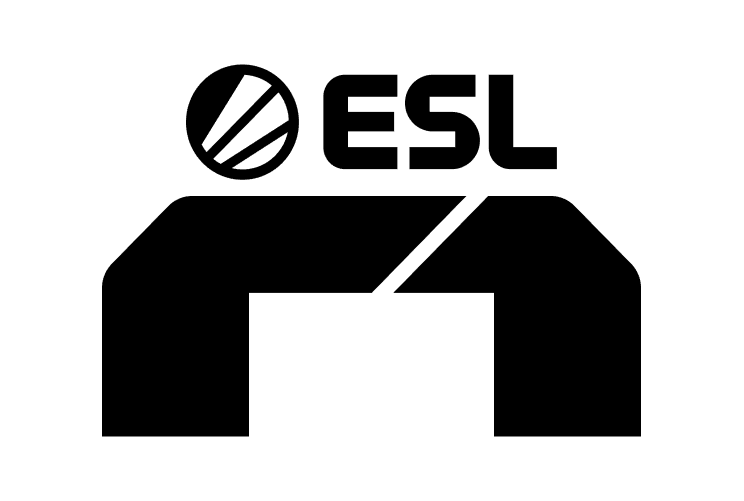There are many reasons why eSports events are fantastic experiences. Fans have the chance the watch the best players in the world compete, meet their favorite players and share their passion with hundreds of other avid fans just like themselves.
For these reasons and more, fans are willing to travel thousands of miles to attend major events. One-off events, such as ESL One Frankfurt, LCS at Wembley or The International 4, have a singular appeal to them, an opportunity to be a part of eSports history. However, people still travel to see regular events like WCS or the GSL. Whether spectators are drawn to the big stage and the roar of a colossal crowd or are seated in the front of every match in a season of their favorite league, there is potential for a new type of tourism to grow: eSports tourism.
Eliot Miller recently went to Seoul, South Korea, to attend his first live eSports event - the GSL Season 2 Finals - to investigate the rapidly developing world of eSports-related travel. Here are his thoughts on its future.
GSL: The Global StarCraft II League
The GSL Code S, run from the GOMTV studios in Gangnam, is the Korean equivalent to the European and American regions of the World Championship Series (WCS). It has long since been the home of the world’s best StarCraft II players, and rightfully holds the title of “the Mecca of eSports”, as well as the birthplace of professional gaming.
Each season features 32 players, culminating in the season’s finals - a single showdown between the two best players in the world’s toughest scene for StarCraft II. Commentary is broadcast in both Korean and English, with the finals being covered by famous duo Dan “Artosis” Stemkoski and Nick “Tasteless” Plott, who are collectively known as “Tastosis”.
Attending a GSL finals is a dream come true for any die-hard StarCraft II fan. As soon as I finished my teaching contract in China, I packed my bags and travelled to Seoul with StarCraft on my mind and excitement in my heart. I arrived just in time to see the lights flash, and as the season’s familiar soundtrack played, the matches began.
Foreign fans in Seoul
While this was one of the most hotly anticipated matches in StarCraft, this wasn’t anything like the the massive venues at Frankfurt, MLG, or DreamHack. This was the GOMTV studio at Samseong, in the Gangnam district of Seoul, and was similar in size to the WCS studios for Europe or the Americas. However, this small hall of legends was packed to the walls with fans attending the finals. The air was electric.
Of the hundred or so people at the GSL Season 2 Finals, around 15 to 20 of them were foreigners (i.e. not Korean). I spoke to some of them to find out how far they had travelled to be here. Most of them were on longer trips through South Korea, often spending a couple of weeks in the country, such as myself, but they had included the GSL finals in their plans during their visit. A few of the people I spoke to had brought along their non-eSports friends to introduce them to “Korean Culture”, of which professional gaming certainly features heavily.
While everyone I spoke to had chosen to include the GSL in their itinerary, it wasn’t the sole purpose of their visit. This is where eSports tourism still largely differs from tourism in conventional sports. However, in the case of the GSL, South Korea is a long way from home for many people, so it is understandable that some of the fans I spoke to were travelling throughout Asia, possibly for several months.
Sports tourism
Sports tourism is quite common in other sports. Football (or soccer) was responsible for nearly 1 million visitors to the United Kingdom in 2011, and on average these sports tourists spent 50% more than the overall tourist average for that year. Most of these people came from the Republic of Ireland, but Norway, the USA, Spain and Germany also made up significant numbers of these football fanatics.
Continuing with the football comparison, we can see how people will go to great lengths to see their favourite players compete. For a match between Real Madrid and Barcelona, a sports tourist can purchase the use of a local’s season pass. This can cost as much as €375 (US$518 or GB£298), with an additional US$345 as a deposit to make sure you return the pass after the match. In some cases, the deposit is even the buyer’s passport.
Football fans are prepared to spend vast sums of money to travel around Europe for weeks on end with the express intent of seeing football matches in Spain, Germany and England. eSports fans are no less fanatic, and from what we have already seen, they are also willing to travel from around the world. A map of ESL One visitors shows that every continent (except Antarctica) was represented in the crowd at Frankfurt.
Another update regarding where visitors for ESL One Frankfurt come from. Iceland, Indonesia...you name it. #eslone pic.twitter.com/zrJmYvj8o4
— Ulrich Schulze (@theflyingdj) May 20, 2014
The obstacles to overcome
However, the GSL final was not without its drawbacks for international visitors. For one thing, there was no English commentary inside the studio itself. This was mainly due to the fact that the majority of the crowd were Korean, but while English commentary is provided through earpieces during regular matches, at the finals, GOMTV simply don’t have enough to go around. This is a similar situation across Asia, particularly in China, where international commentary is not provided at the event itself.
This is less of a problem in Europe, where English is a lingua franca for the vast majority of audiences. It was therefore not surprising that the community loudly complained when Riot announced that commentary at the French All Star venue would be in French. They did, however, manage to resolve the situation by providing earpieces with English commentary, and it’s likely that we will see the same approach for the LCS world finals in Seoul’s World Cup stadium, where there will be a more even mixture of Korean and foreign fans than I saw at the GSL finals.
This shows that Riot are prepared to make sure their live events cater to a broader audience, although the surprising thing about GOMTV is that they had the equipment to provide such a service at the GSL finals. I went back the day Flash qualified for the Code S, and I was surprised to see that in the box of earpieces, there were about 15 to 20 sitting in there - just about enough for how many were at the Season 2 finals. It would not take much for GOMTV to expand this service, and cater to the international tourists who were there to see some StarCraft.
There is room for live eSports events to improve, but we saw the initiative for this not come from GOMTV, but somewhere else. Throughout the GSL finals there was very little interaction between the casters and the audience, since all of them were on a raised platform behind the crowd, which made it difficult for them to engage with the fans.
After the GSL finals, however, Tasteless and Artosis took the time to come down and personally thank all of the foreign fans for coming down, patiently posing with everyone who wanted to take their picture with them. It’s this kind of interaction which really makes an eSports event memorable, and something an eSports tourist will treasure for the rest of their life. In the case of the GSL, GOMTV have the potential to see this kind of tourism develop, but so far it was another type of fan - the casters - who are showing them how it’s done.

Dan “Artosis” Stemkoski and Nick “Tasteless” Plott with Mike Peart, NZ (Source: Mike Peart)
Eliot Miller (middle), with some avid eSports tourists and one die-hard local fan (Source: Eliot Miller)
For more on Eliot’s eSports adventures in South Korea, you can visit his blog at TryingToBeGosu.com.





